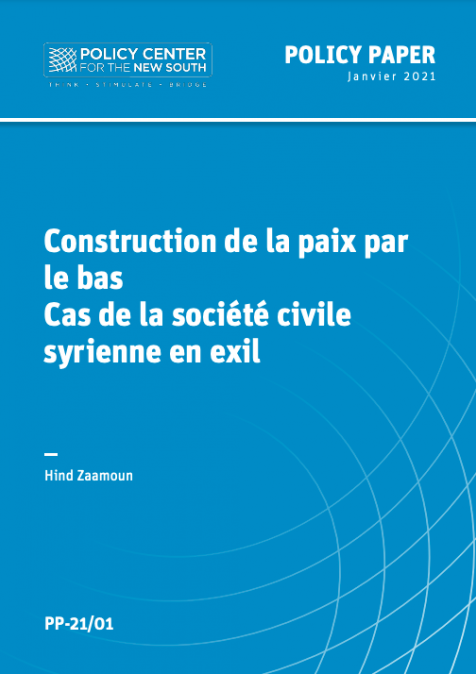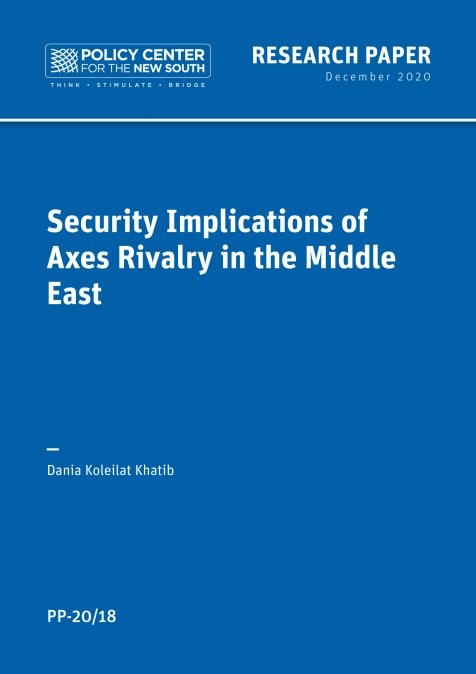Podcasts
The Recent Evolution of UN Work on Peace and Security
Related topics:
In this episode, we explore how the United Nations works beyond traditional peacekeeping contexts to support justice and security sector reform in fragile contexts. Our guest, Jérôme Mellon, Head of Policy and Operational Support at the UN’s Office of Rule of Law and Security Institutions, shares two decades of experience from Kosovo to Mali to São Tomé and Príncipe. We discuss the evolving nature of UN engagements, the challenges of strengthening institutions in countries without a peacekeeping presence, and lessons learned from the field in Sub-Saharan Africa.
The views expressed in this podcast do not necessarily reflect the views of the United Nations Secretariat and are those of the authors






